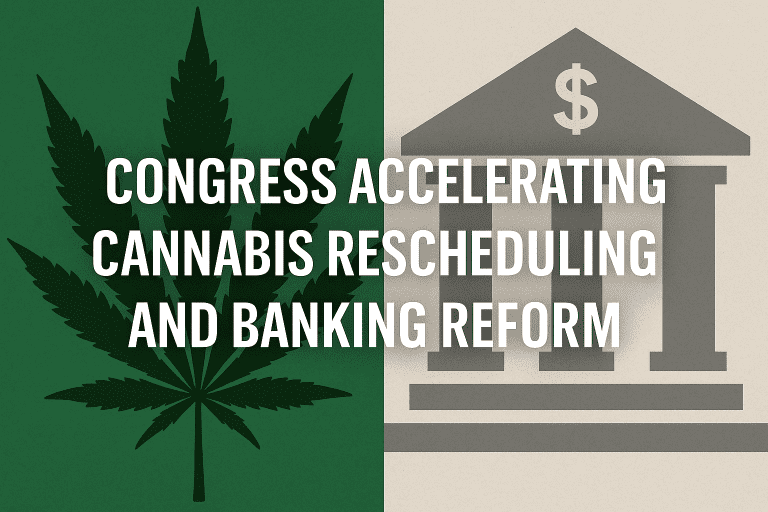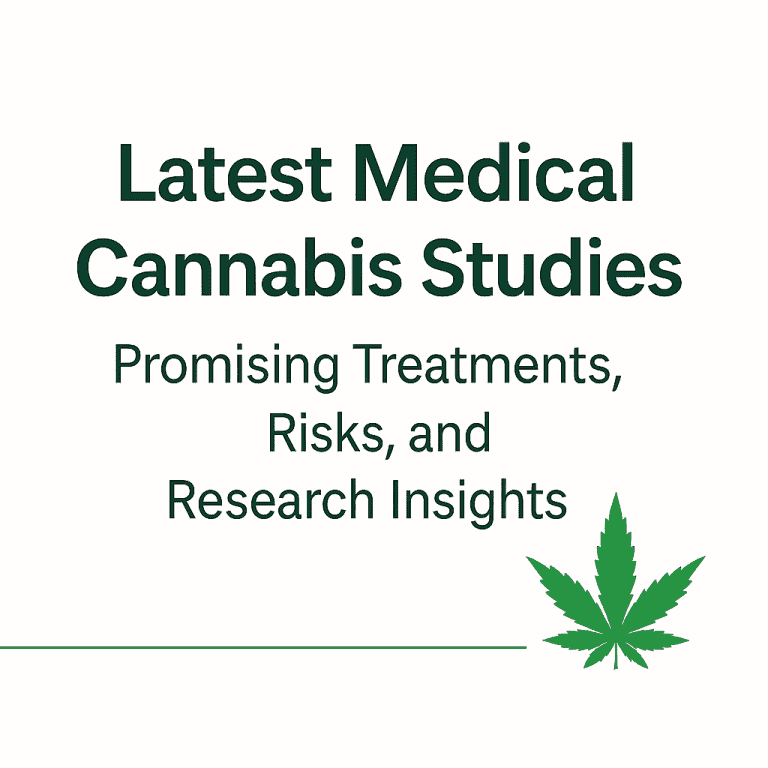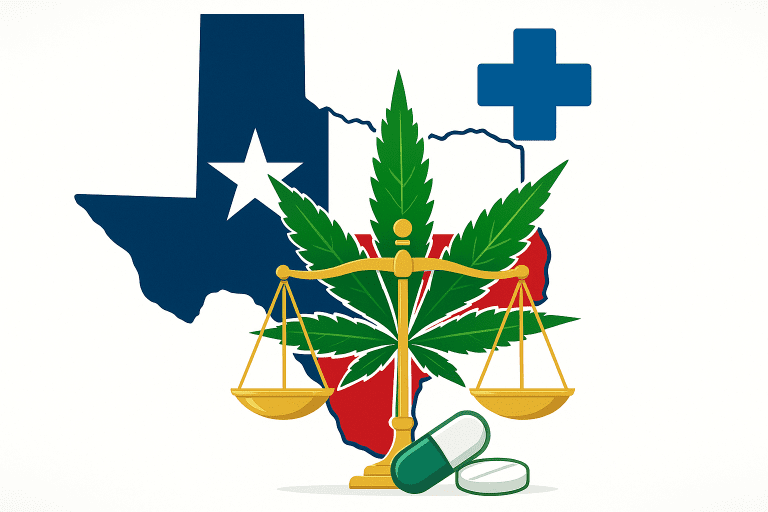Exploring the Economic Impact of Marijuana in Minnesota: An Introduction
As the acceptance of medical marijuana continues to grow across the United States, it’s important to understand the economic implications of this burgeoning industry. In Minnesota, the medical marijuana program has been in place since 2014, and its impact on the state’s economy is significant. This article will explore the economic impact of marijuana in Minnesota, including the demand, tax revenue, and the biggest private marijuana companies in the state.
The Economic Demand for Marijuana in Minnesota
Minnesota’s medical marijuana program has seen steady growth since its inception. According to the Minnesota Department of Health, as of 2020, there were over 34,000 active patients enrolled in the program. This demand has led to an increase in dispensaries and jobs within the industry, contributing to the state’s economy.
Marijuana Taxes in Minnesota and Who Collects Them
Medical marijuana in Minnesota is subject to a sales tax of 6.875%. This tax is collected by the Minnesota Department of Revenue. The revenue generated from these taxes is used to fund various state programs, including education and healthcare.
Revenue Generated from Marijuana in Minnesota
While the exact tax revenue generated from medical marijuana in Minnesota is not publicly disclosed, it’s clear that the industry is contributing significantly to the state’s economy. The growth in patient enrollment and the increase in dispensaries suggest a substantial revenue stream.
Biggest Private Marijuana Companies in Minnesota
Minnesota’s medical marijuana industry is dominated by two companies: LeafLine Labs and Minnesota Medical Solutions. These companies are responsible for the cultivation, production, and distribution of all medical marijuana in the state. Their operations have created numerous jobs and have contributed to the economic growth in Minnesota.
In conclusion, the medical marijuana industry in Minnesota has had a positive economic impact on the state. As the industry continues to grow, it’s expected that this impact will only increase. It’s important for patients, healthcare providers, and policymakers to understand the economic implications of medical marijuana in order to make informed decisions about its future.
What is the economic demand for marijuana in Minnesota?
The economic demand for marijuana in Minnesota has been steadily increasing since the state legalized medical marijuana in 2014. According to the Minnesota Department of Health, as of 2020, there were over 34,000 active patients enrolled in the state’s medical cannabis program, a significant increase from the 1,500 patients enrolled in the program’s first year.
Increasing Patient Enrollment
The growing number of patients enrolling in Minnesota’s medical marijuana program indicates a rising demand for cannabis. The state’s list of qualifying conditions for medical marijuana use has expanded over the years, contributing to the increase in patient enrollment. Conditions such as chronic pain, PTSD, and sleep apnea have been added to the list, making medical marijuana accessible to a broader range of patients.
Market Growth
With the increase in patient enrollment, the market for medical marijuana in Minnesota has also grown. According to a report by Grand View Research, the global legal marijuana market size was valued at USD 9.1 billion in 2020 and is expected to expand at a compound annual growth rate (CAGR) of 26.7% from 2021 to 2028. While specific figures for Minnesota are not readily available, the state’s market is likely experiencing similar growth trends.
Job Creation
The economic demand for marijuana in Minnesota is not only reflected in patient enrollment and market growth but also in job creation. The cannabis industry has created numerous jobs in the state, from cultivation and processing to retail and delivery. According to a report by Leafly, the cannabis industry created nearly 77,000 new jobs nationwide in 2020, and Minnesota’s cannabis industry likely contributed to this figure.
Future Demand
Looking ahead, the demand for marijuana in Minnesota is expected to continue growing. As more conditions are added to the state’s list of qualifying conditions for medical marijuana use, and as the societal perception of cannabis continues to shift, more Minnesotans are likely to turn to medical marijuana for treatment. Furthermore, if recreational marijuana is legalized in the state, the demand for marijuana in Minnesota could see an even more significant increase.
In conclusion, the economic demand for marijuana in Minnesota is robust and growing, driven by increasing patient enrollment, market growth, job creation, and potential future developments in the state’s cannabis laws.
What are the marijuana taxes in Minnesota and who collects them?
In Minnesota, the taxation of medical marijuana is a complex issue. The state has a unique approach to taxing marijuana, which is different from many other states that have legalized medical marijuana. The Minnesota Department of Revenue is responsible for collecting these taxes.
Minnesota’s Medical Marijuana Tax Structure
Minnesota does not impose a specific excise tax on medical marijuana. Instead, it is subject to the state’s general sales tax of 6.875%. This tax is applied to the gross receipts from the sale of tangible personal property and certain services, including medical marijuana. Minnesota Department of Revenue provides detailed information on the state’s sales tax.
Who Collects the Taxes?
The Minnesota Department of Revenue is responsible for collecting the sales tax on medical marijuana. The tax is collected from the registered medical cannabis patient centers that sell the product. These centers are required to file regular tax returns and remit the collected taxes to the Department of Revenue. The department has a comprehensive guide on how to file and pay sales tax.
Use of Tax Revenue
The tax revenue collected from the sale of medical marijuana in Minnesota is deposited into the state’s general fund. This fund is used to finance a wide range of state services, including education, healthcare, and infrastructure. The exact allocation of these funds is determined by the state legislature during the budgeting process.
Conclusion
While the taxation of medical marijuana in Minnesota may seem straightforward, it is a complex process that involves various state agencies. The Minnesota Department of Revenue plays a crucial role in this process, ensuring that the taxes are collected and used to fund essential state services. As the medical marijuana industry continues to grow in Minnesota, the tax revenue it generates will become an increasingly important source of funding for the state.
How much has marijuana generated in tax revenue in Minnesota?
Since the legalization of medical marijuana in Minnesota in 2014, the state has seen a significant increase in tax revenue generated from the sale of cannabis products. The Minnesota Department of Revenue is responsible for collecting these taxes and has reported substantial figures over the years.
Revenue Generation from Medical Marijuana
According to the Minnesota Department of Revenue, the state generated over $2 million in tax revenue from medical marijuana in 2020 alone. This figure represents a significant increase from the $1.2 million generated in 2019, indicating a growing demand for medical marijuana in the state.
Impact on State Economy
The tax revenue generated from medical marijuana sales has had a positive impact on Minnesota’s economy. These funds are used to support various state programs and services, including education, healthcare, and infrastructure development. The increase in tax revenue also indicates a thriving medical marijuana industry, which contributes to job creation and economic growth in the state.
Future Projections
With the continued growth of the medical marijuana industry in Minnesota, tax revenue is expected to increase in the coming years. According to a report by the Minnesota House of Representatives, the state could generate up to $300 million in tax revenue by 2025 if recreational marijuana is legalized.
Conclusion
While the tax revenue generated from medical marijuana in Minnesota is significant, it’s important to note that these figures could increase exponentially with the potential legalization of recreational marijuana. As the state continues to explore this possibility, the economic impact of marijuana in Minnesota is expected to grow, providing additional funds for state programs and services and contributing to the overall economic health of the state.
What are some of the biggest private marijuana companies in Minnesota?
As the medical marijuana industry continues to grow in Minnesota, several private companies have emerged as key players in the market. These companies are not only providing patients with access to medical marijuana but are also contributing significantly to the state’s economy.
LeafLine Labs
LeafLine Labs is one of the two original medical cannabis manufacturers in Minnesota. Founded by practicing physicians, the company is committed to providing safe and reliable medical cannabis to patients. LeafLine Labs operates cultivation facilities and patient care centers across the state, ensuring that patients have access to high-quality medical cannabis products.
Minnesota Medical Solutions
Minnesota Medical Solutions is another original medical cannabis manufacturer in the state. The company operates several dispensaries in Minnesota, providing patients with a variety of medical cannabis products. Minnesota Medical Solutions is committed to advancing the science of medical cannabis through research and innovation.
Vireo Health
Vireo Health is a physician-led company dedicated to providing patients with best-in-class cannabis-based products and patient care. They operate in multiple states, including Minnesota, and offer a wide range of products from capsules and oral solutions to vaporization cartridges.
Cannabis Patient Centers
There are also several Cannabis Patient Centers across Minnesota, operated by the medical cannabis manufacturers. These centers provide a vital service for patients, offering consultations and access to medical cannabis products.
These companies represent some of the biggest private marijuana companies in Minnesota. They play a crucial role in the state’s medical marijuana industry, providing patients with access to medical cannabis and contributing to the state’s economy.
As the industry continues to evolve, it’s expected that more companies will enter the market, further expanding access to medical cannabis in Minnesota.
For more information on medical marijuana in Minnesota, visit the Minnesota Department of Health’s Office of Medical Cannabis.




















